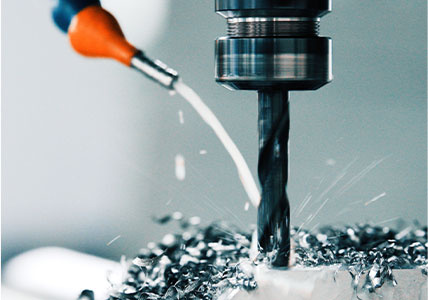



T1, T2 copper is mainly used as conductive, heat-conducting and corrosion-resistant components, such as wires, cables, conductive screws, shells and various conduits, etc. T3 copper is mainly used as structural materials, such as the production of electrical switches, washers, rivets, nozzles and various conduits, etc.; it is also commonly used in some less important conductive components. components.
Copper classification and characteristics
1. Pure copper in China commonly known as 'purple copper' in Japan and Taiwan commonly known as 'red copper' a common grades: T1, T2, T3, TU1, TU2 b characteristics: conductive with c common uses: electrical switches, motor coils, electronic parts.
2. Brass with zinc a Common grades: H59, H62, H65, H68, HPb59-1 Free-cutting brass b Characteristics Higher strength, wear resistance, water vapor corrosion resistance c Common uses Architectural hardware, heat exchanger tubes, pumps, power cylinders and bushings, munitions.
3. White brass: Nickel-containing Common grades: B19, B25, BFe10-1-1, BZn15-20, BA13-3 b characteristics: stable physical properties at room temperature c common use medical apparatus, precision instruments, thermocouples, watch parts, glasses frame
4. Bronze: a definition: the old name that tin bronze such as the ancient bell, tripod, wine ware New definition: purple, yellow, white copper other than the three categories of the collective name b according to the practical physical and chemical indicators such as hardness, strength, elasticity, high-temperature conductivity, thermal conductivity and so on the engineering composite index and have different formulations. c uses: tin-phosphor bronze, good elasticity, for lamps Spring piece, switch spring piece. Resistance welding electrode material roll welder, butt welder, touch welder, rivet welder. Chrome zirconium copper, beryllium cobalt copper.
Using a computer-controlled machining tool, copper is shaped into a variety of components during the copper CNC machining process. Due to its precision and reproducibility, it is one of the most flexible and popular machining methods for copper objects. Both basic pieces with simple shapes and complicated parts with detailed shapes can be produced using this method. For applications requiring high levels of dimensional accuracy, close tolerances, and outstanding surface polish, copper CNC machining is appropriate.
Let us be your resource to determine which manufacturing processes are right for your project. Start your project with a free quote.



